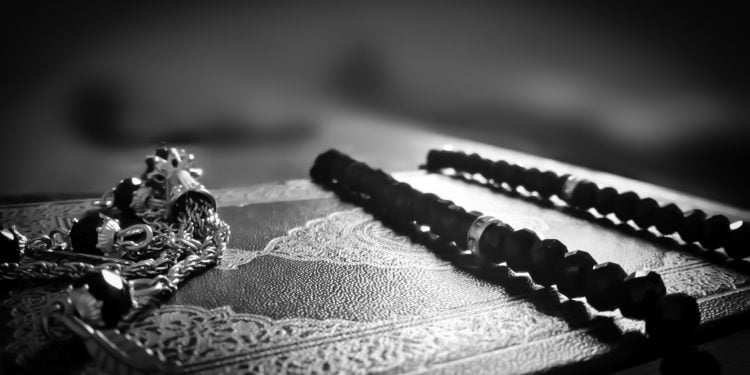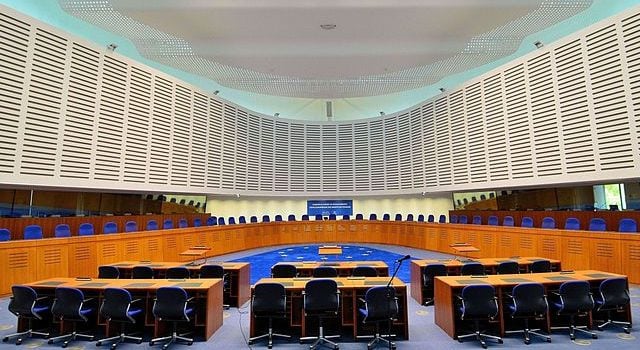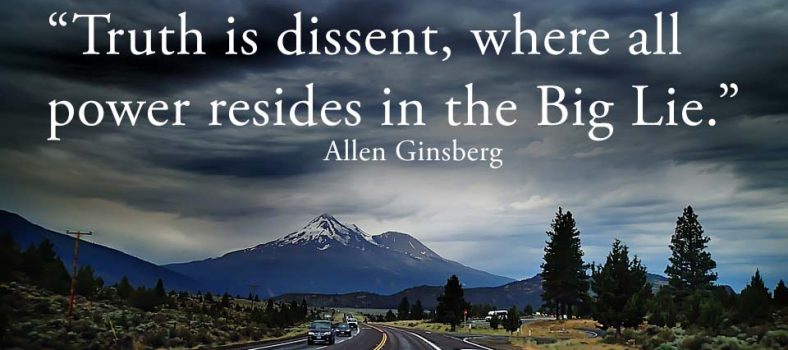Shaikh Yasir Qadhi & anti ex-Muslim bigotry
Note: This article is a response to a post by Sheikh Yasir Qadhi attacking ex-Muslims – the original post is available at https://www.facebook.com/yasir.qadhi/posts/10156029124118300
Salaam, Shaikh Yasir.
While I have no intention of entering into a debate with you online, there is so much in this post that is so exhaustingly ironic, vitriolic, and untrue that I did want to provide you with a response to your statement from an ex-Muslim perspective.
I wanted to start by addressing the claim that there are aspects of Islam that are beyond the scope of the human mind to rationalize.
There are aspects of every faith that can be considered “supra-rational.” Faith, by necessity, involves things that cannot immediately be proven or disproven by the average believer. Hence the term.
When we are referring to abstract, un-falsifiable religious claims, the separation of irrationality and supra-rationality becomes, at best, a distinction without a real difference.
In its truest sense, supra-rationality involves matters that simply cannot be subjected to rational inquiry – things like, “why do I prefer Prince over Michael Jackson?” or “why did I crave Thai food tonight instead of pizza?”
When we use the term for un-falsifiable religious claims, however, the term loses its meaning and instead becomes a fancy way of saying “stop thinking!”
That is because when the foundation itself is either irrational or supra-rational, then anything done in support of that foundation can be argued to be rational.
Child sacrifice, for example, can be argued to be rational if one were to first accept the supra-rational (read: irrational) claim that the success or failure of maize crops is determined by invisible rain gods with an appetite for prepubescent human blood.
Similarly, forgoing food and drink for 20 hours in the weeks approaching the summer solstice can be considered rational if one were to first accept the supra-rational (again, read irrational) claim that the entire cosmos, in its splendor and glory, is actually governed by an omnipotent deity with a fondness for the stale aroma of fasting human breath.
When it comes to “supra-rational” beliefs, then to each his own. One must, however, pause for a moment and consider the implications of limiting the scope and credibility of human rationality. For if our puny, infinitesimally diminutive rationales cannot be trusted to understand the infinite wisdom of the divine, then why, oh why, should we trust those same puny, infinitesimally diminutive rationales when they happen to conclude that Islam, or any other religion for that matter, is true? As humans, all we have to work with are our subjective reason, rationale, and intuition, regardless of the disparate conclusions we each may reach.
It could actually be Waheguru, or Brahman, or Jah that is the supra-rational conclusion that should not be questioned. Or it could be nothing. Islam cannot have a monopoly on supra-rationality.
The remainder of your post descends into some rather unpleasant – and ironic – vitriolic attacks.
My first instinct here is to try to remind you of our common humanity and to attempt to connect with you as a human being first.
I believe that you fundamentally misunderstand the ex-Muslim experience if you believe that the majority of people who lose their faith in Islam seek notoriety. Quite the contrary, the overwhelming majority of us seek anonymity, and are truly terrified at the thought of losing our family, our friends, our community, and our loved ones simply because we happen to believe that DNA evidence, the fossil record, and scientific ijmaa’ present a more compelling case than regurgitated near-eastern myths of a man created from clay, for example.
Those for whom the psychological toll of having to live a double life becomes overwhelming can and do sometimes become depressed, but that is not because they have lost your particular version of god.
Instead, it is the loss of those fundamentally fulfilling human needs that have been hijacked by organized religions – the loss of family, the loss of community, the loss of friends, the loss of connection to a way of expressing spirituality that itself is a universal human trait. It is astonishing to me how organized religions can hijack these things that are essential to human fulfilment, then accuse you of being unnecessarily traumatized when it rips those things away from you.
It is also astonishing to me how a man who has quite literally made a career and livelihood out of propagating Islam cannot see the irony in accusing ex-Muslims of revolving their lives around attempting to disprove it.
Islam is as much ours as it is yours. We learned it as children. We practiced it as adults. Our mothers recited Ayatul-Kursi to us at bedtime as kids and we recited Suratul Kahf on Fridays in the masjid as adults. We said ameen next to you during Isha prayer and we bowed with you at Thuhr.
Even if you disagree with us, please see us as the human beings that we are and avoid language that has real-life, negative consequences for us. In this world of division and this climate of strife, I fear what will happen if even our own families become comfortable with viewing us as the despicable “other.”





